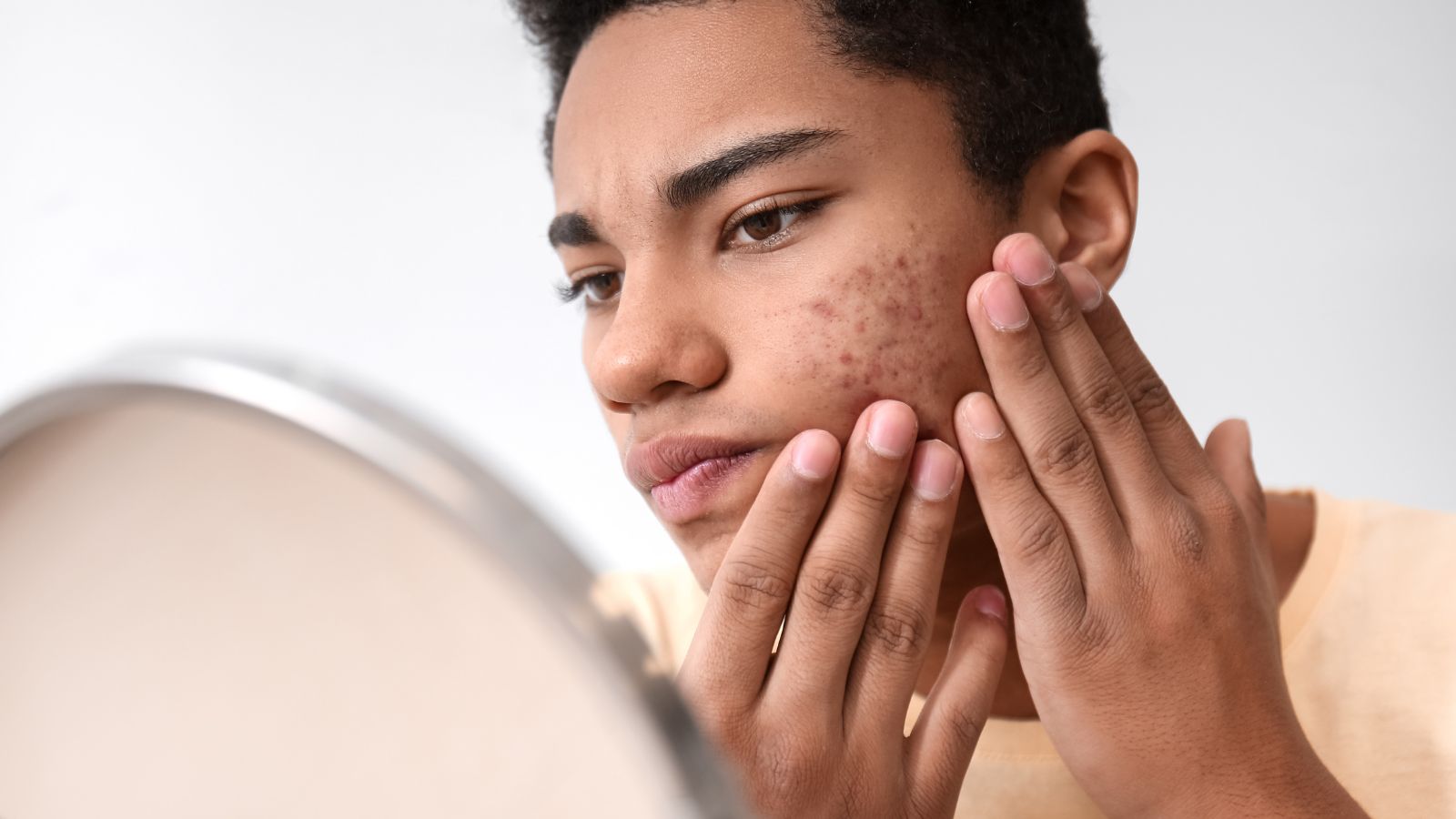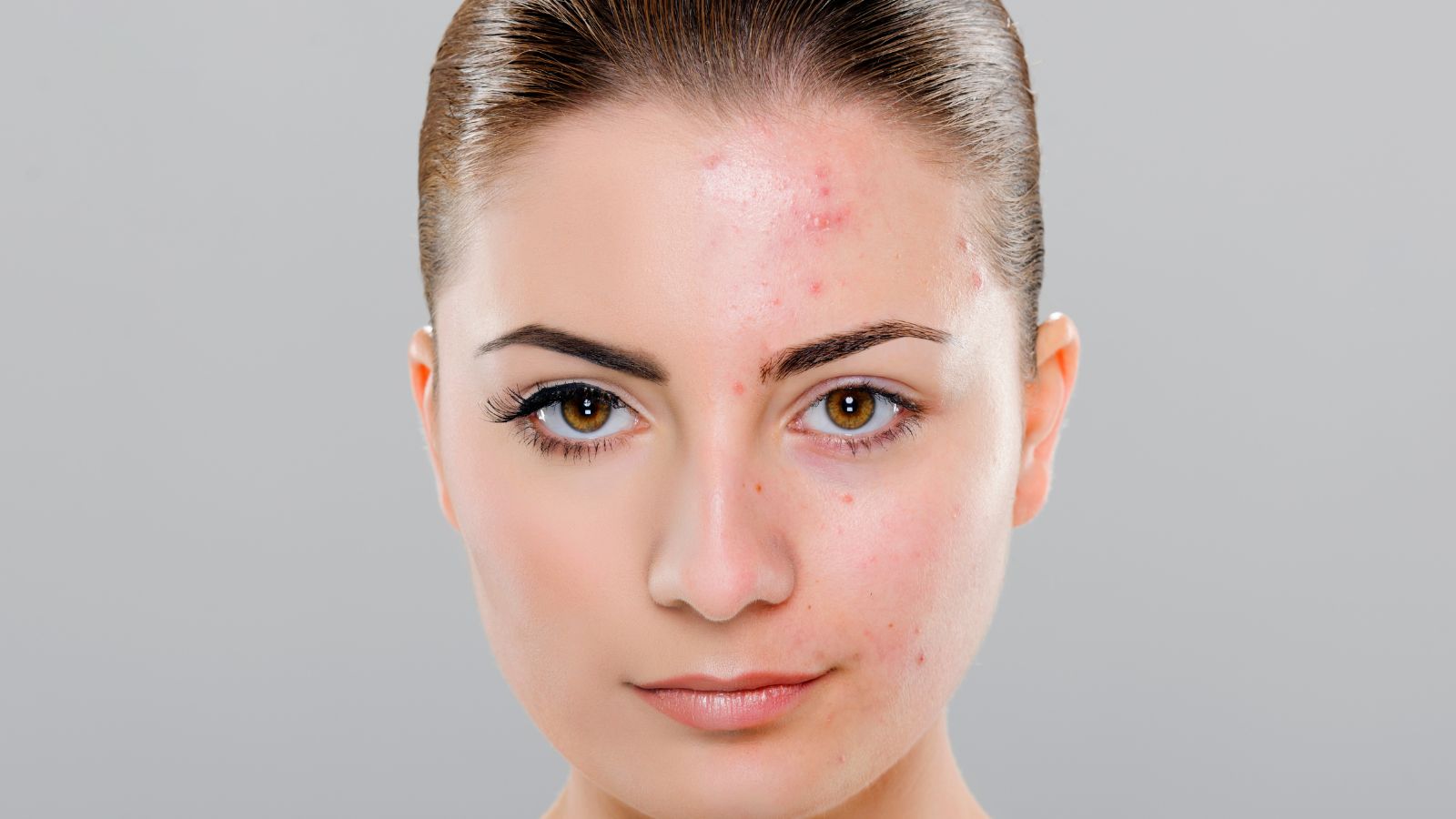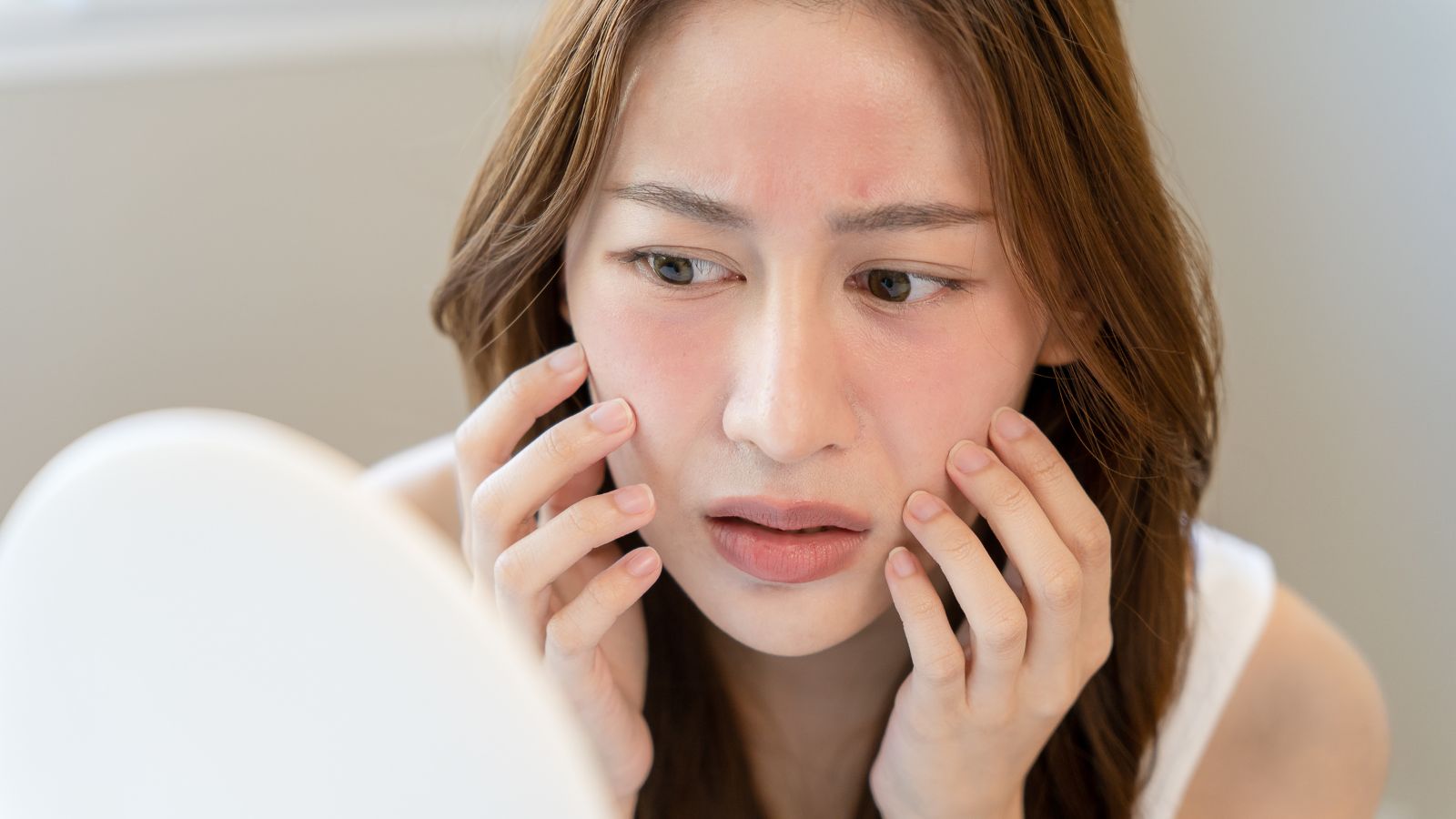Acne isn’t just a facial issue. It’s an unwelcome guest that can pop up anywhere on your skin, including your neck. It’s not only unsightly but can also be uncomfortable and challenging to treat. But don’t despair, the world of skincare has advanced, and there are now effective solutions available.
Understanding and treating neck acne requires a different approach than facial acne. This article will delve into what causes neck acne and the best ways to treat it. From over-the-counter products to lifestyle changes, we’ll provide you with the knowledge to tackle this pesky problem head-on.
 Neck Acne Treatment
Neck Acne Treatment
Grasping the intricacies of neck acne illuminates its unique nature and the specific approach to its treatment. This section unpacks the causes and contrasts the differences with facial acne.
Causes of Neck Acne
Acne on the neck may pop up for a variety of reasons. Blocked pores result from an excess of sebum, that is, the oil glands overproducing oil. Accompanying dead skin cells serve to exacerbate this condition resulting in whiteheads, blackheads or pimples. Certain fabrics like wool or synthetic materials can irritate the skin, provoking acne’s eruption. Hormonal changes as in adolescence, menstruation, or stressful periods may also induce acne. Environmental triggers such as exposure to extensive heat and humidity can contribute as well. Lastly, certain skincare products can clog pores, triggering breakouts.
How Neck Acne Differs from Facial Acne
Defining the difference between neck acne and its facial counterpart centers on multiple factors. For one, the skin on the neck is often thicker and more resilient, making it less prone to the reddening, inflammation typically seen with facial acne. Additionally, pores on the neck are fewer and less likely to clog as compared to the face. Moreover, the neck’s skin may be less reactive to certain chemicals used in topical products. One must remember to tailor their approaches, recognizing these distinctions when treating neck acne.
 The Importance of Treating Neck Acne
The Importance of Treating Neck Acne
Addressing neck acne promptly holds crucial importance considering its potential implications. Rapid treatment lessens the chances of developing severe conditions, such as painful cysts or nodules, which could lead to scarring. Often overlooked, neck acne presents a unique set of challenges primarily due to the thickened skin in this region, which exhibits higher sebum production, lower pore density and unique sensitivities to topical products.
For instance, neglecting neck acne may culminate in post-inflammatory hyperpigmentation, a condition marked by dark skin patches. It occurs invariably when acne-triggered inflammation modifies skin color, rendering an uneven complexion. More severe instances might result in keloids, benign growths characterized by abnormal scarring. Hence, proactive measures targeted at relieving neck acne intend to prevent such dermal aggravations, fostering healthier skin.
In addition, the early treatment of neck acne aids in maintaining overall skin health by tackling excess sebum production or inadequate shedding of dead skin cells, typical causes of neck acne. Optimal skin habits, considerately chosen skincare products, and adherence to prescribed treatment protocols contribute significantly to early recovery and prevention of further outbreaks.
 Comprehensive Evaluation of Neck Acne Treatments
Comprehensive Evaluation of Neck Acne Treatments
Addressing neck acne promptly optimizes skin health and enhances self-confidence. This section evaluation a variety of treatments, exploring over-the-counter products, prescription treatments, and natural home remedies.
Over-the-Counter Neck Acne Products
Over-the-counter (OTC) products provide a first line of defense against neck acne. A wide range encompass salicylic acid cleansers, benzoyl peroxide creams, and sulphur-based lotions. Salicylic acid cleansers unclog pores by exfoliating the skin, thereby reducing inflammation. Benzoyl peroxide creams destroy the acne-causing bacteria, P. acnes. Sulphur-based lotions absorb excess oil and gently exfoliate dead skin cells.
Prescription Treatments for Neck Acne
When OTC treatments fall short, prescription options come into play. Dermatologists often prescribe antibiotics, topical retinoids, and hormonal treatments for persistent or severe cases of neck acne. Antibiotics fight against the acne-causing bacteria. Topical retinoids are vitamin A derivatives that unclog pores and promote skin cell turnover, preventing new acne from forming.